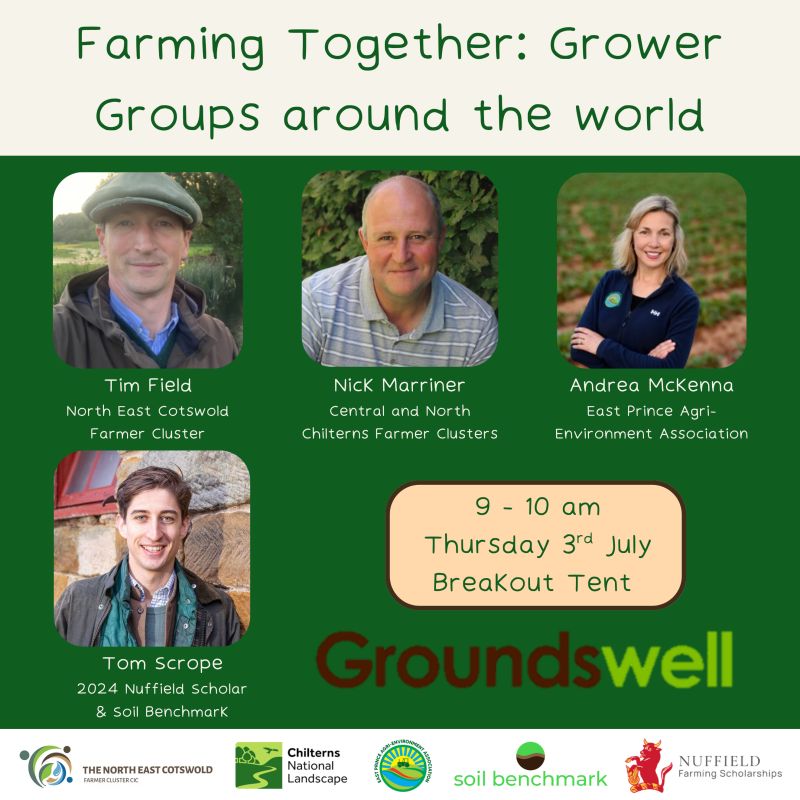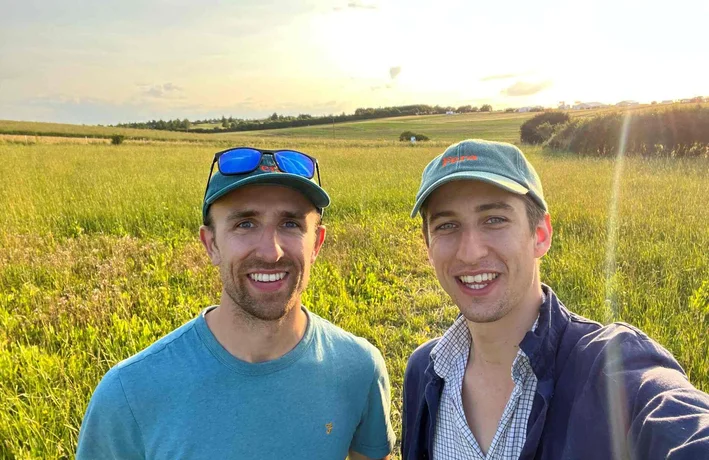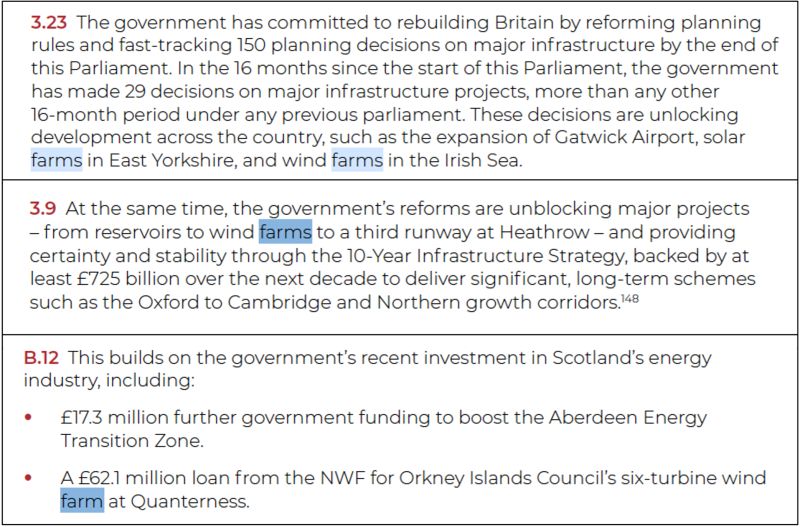🤝 Grower groups — when well run — can transform soil management on large numbers of farms, fast. But in the UK they haven't yet had the impact I've seen on my hashtag#Nuffield travels across Australia, South America and Europe.
This Thursday at Groundswell Agriculture, I'll be joined by three brilliant grower group facilitators I met along the way to unpack how we can change this: 🌿 Tim Field 🌳 Nick Marriner 🌱 Andrea McKenna
👇 Read on for a sneak peek at the kinds of models we’ll be discussing — full session details at the bottom.
🇦🇺 In Australia, a big chunk of the public ag R&D budget goes directly to grower groups. It funds full-time facilitators and ensures research is shaped by farmer priorities. This farmer-first model has helped groups like Birchip Cropping Group (BCG), Riverine Plains Inc and Southern Farming Systems (SFS) drive huge changes. UK R&D has historically been more academic-focused, but the new hashtag#ADOPT programme is a welcome step towards farmer-led innovation. The opportunity now is to link it with grower groups to really amplify its impact.
🇦🇷 Movimiento CREA (Argentina)Groups of 10–12 farms. Each meeting focuses on one host farm, which presents the farm & what's worrying them — without any interruptions. They then leave the room while the group discusses. When they return, the feedback is delivered — again, with no response allowed. The silence forces reflection.
🏦 Tim's North East Cotswold Farmer Cluster is using Natural Capital funding to drive change - while Nick's Chilterns Clusters provide a great example of a bureacracy-light funding model ( 👏 The National Lottery)
🌏 Grower Group Alliance (Western Australia)A network of 60+ grower groups that helps train faciltiators, run multi-group research projects, and provides a public face for the groups (CREA also does this in Argentina).
🧪 AMPS Agribusiness (NSW)A farmer-owned input company that reinvests profits into independent research. Access to trials reinforces loyalty to the commercial arm — and vice versa.
🔬 Living Farm (WA)Private R&D company with its own grower group. Farmers offer up field space and get early access to trial results.
🇨🇦 Learnings from Andrea's 10 years running East Prince Agri-Environment Association
📈 Catalyst Farming (Norfolk)A model for small, high-trust groups — 4 large farms sharing almost all their data to learn together. Not for everyone but powerful when it works.
🇩🇰 ERFA Groups (Denmark)Independent agronomists run grower groups - network of groups anchors SEGES Innovation’s research in real on-farm needs. Instead of running their own trials, SEGES does the research and shares it back to the agronomists who pass to their group.
👥 AgEDGE&RCS Australia's ExecutiveLink (Australia)Two similar models providing structured board-style support — members act like NEDs for each other’s businesses.
Come join us!
⏰ 9am
📅 Thursday 3rd July
🗺️ Breakout Tent, Groundswell Agriculture
https://t.ly/BdknX
🤝 Grower groups — when well run — can transform soil management on large numbers of farms, fast.

Click here to view original post on LinkedIn.


.png)

